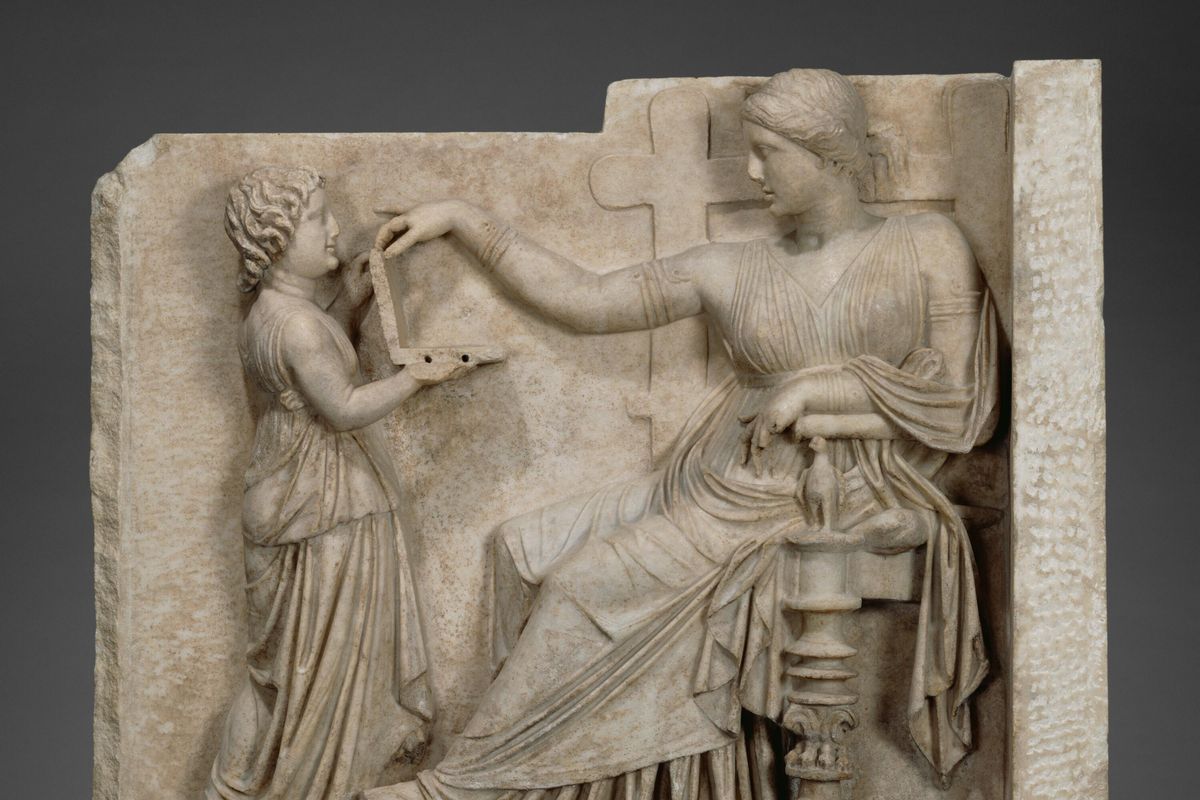News
Joe Vesey-Byrne
Aug 17, 2017

Picture:
Chip Somodevilla/Getty Images
'Alt-right' is a new term for old tendencies - racial supremacy, anti-Semitism, nationalism, and populism.
The term 'alt-right' (short for 'alternative right') has been used vaguely, by opponents of various groupings and political tendencies that value white nationalism, and by the groupings themselves.
It is possible that the term 'alt-right' is an intentionally vague marketing exercise, designed to disassociate the grouping with its ideological predecessors such as the Ku Klux Klan, and the '14 Words' movements.
For this, and other reasons, one of the world's oldest news organisations is scrapping the term.
The Associated Press (AP) has decided it will no longer use the term, outside of when quoting others who still say 'alt-right'.
Established in 1846, the AP supplies news reports to thousands of other publications around the world.
The decision was made in the wake of the 'Unite the Right' protest which turned violent in Charlottesville, Virginia on Saturday.
One counter-protestor Heather Heyes, aged 32, was killed when a car was driven into a crowd of people there to oppose the 'Unite the Right' march.
In a post on the wire service's website, Vice President for Standards John Daniszweski wrote:
At AP, we have taken the position that the term 'alt-right' should be avoided because it is meant as a euphemism to disguise racist aims. So use it only when quoting someone or when describing what the movement says about itself.
Daniszweski also cautioned AP journalists against use 'alt-right' generically when describing extremist groups that fall under its umbrella.
When writing on extreme groups, be precise and provide evidence to support the characterization. Report their actions, associations, history and positions to reveal their actual beliefs and philosophy, as well as how others see them.
In particular he warned against using terms such as 'racism', 'white nationalism', 'white separatism', and 'white supremacy' synonymously.
Using the right terms to describe extremists is not just important for journalists, but for all of us.
It denies extremists the opportunity to deny being one incorrectly applied term, such as 'fascist', and therefore shrug off any association with other extreme views such as white nationalism, or racism.
Commenting on the decision by AP to abandon the term, Dr Joe Mulhall, a Senior Researcher at Hope Not Hate, told indy100
In the wake of the tragic events in Charlottesville it is completely understandable that AP have taken the decision to avoid the term alt-right and they are right that some seek to use it as a euphemism to sanitise their image.
However, like the lively historiographical debates around the use of the term fascism that date back decades, I would argue that it is best to ensure the accurate use of the term, rather than discard it all together.
While a very broad term, the alt-right does exist and though there are large areas of cross over with traditional far-right movements it does have differences, especially around its culture and means of operation.
He added:
In short, if someone is a Nazi, then they should be called a Nazi. If someone is from the KKK then call them a Klansman. But if someone is alt-right, then call them alt-right. If the concern is that the term is deemed less dangerous or extreme than the others then it is the job of researchers, scholars and campaigners to make people realise that isn’t the case.
Hope Not Hate define the 'alternative right' as:
Broadly speaking the International Alternative Right is an international set of groups and individuals, organised primarily online though with offline outlets, whose core belief is that ‘white identity’ is under attack from pro-multicultural and liberal elites and so-called ‘social justice warrior’s’ (SJW) who use ‘political correctness’ to undermine Western civilization and the rights of white males.
The International Alternative Right is best understood as a conglomeration of a number of pre-existing social and far-right movements and political trends that together, when combined with a specific form of hostile online antagonistic behaviour make up what has come to be known as the alt-right.
More: Spreading hate: How white supremacists hijacked social media
Top 100
The Conversation (0)













